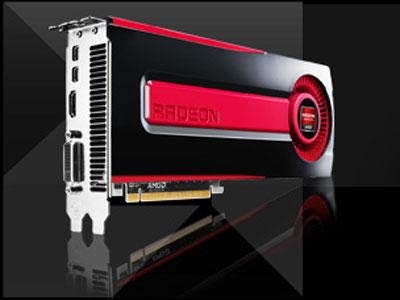
Test recommendation: AMD HD 7950 against HD 7970 - with the same clock signals

The two cards use the same 28-nanometer GPU and 384-bit memory bus, but even the size of the video memory (3GB GDDR5) is the same.

Equipped with a 2048 stream processor, the AMD HD 7970 graphics card has 128 texturing and 32 rasterization units. Made with state-of-the-art manufacturing technology, the Tahiti GPU has low power consumption. Thanks to this and ZeroCore Power technology, you don't even need active cooling when the display is off. Unfortunately, we got a nasty big patch of beauty when it came to pricing, but we found the solution in the person of the little salt.
The AMD HD 7950 also builds a graphics processor codenamed Tahiti, but does not use a full-fledged variant (1792 stream processor, 28 GCN, 112 texturing units). Although the engineers thoroughly took it back from the clocks, it was achieved by foreign test sites based on the results the chances of overdriving are extremely good. Most HD 7950 clocks can be easily upgraded to HD 7970 levels, meaning the GPU can be raised to 925 MHz and the memories can be raised to 1375 MHz (effective 5,5 GHz). In practice, in this situation there are only differences in terms of the number of processing units, but how much difference can we expect? The answer is Hexus.net page.
The arithmetic mean of the results achieved in the six game programs (in full HD resolution) is 3,03 percent - the minimum is 0% and the maximum is 6,64%. Overall, the HD 7950 makes it easy to get close to your big brother’s performance while getting much better in terms of consumption and price. If we manage to achieve the clocks named above, we can calculate that the strongest 1 GPU card is barely 3 percent stronger, which is actually a deviation within the margin of error.

The test (AMD HD 7950 vs. HD 7970 - at the same clocks) here readable.
Source: hexus.net












